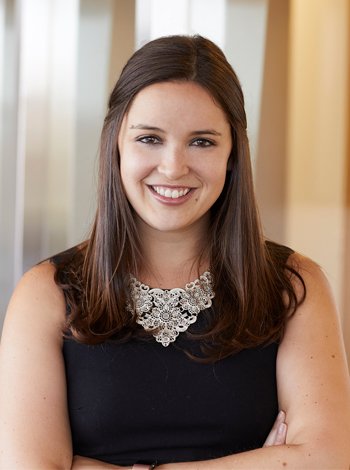Believe it or not, YouTube channels and podcasts are now major revenue earners, both for the creators who operate them and the advertisers who use them to generate business. However, digital media rights and disputes are largely untested in the legal realm and therefore come with questions and uncertainties.
- Who owns a YouTube Channel/Podcast?
YouTube channels and podcasts are generally not “owned;” however, they are comprised of various valuable things that can be held, controlled, and bought/sold. Channel access (i.e. login credentials and the right to advertising revenue) is necessary for operation and is sometimes controlled by an entity other than the creators. Without channel access, and access to supporting social media accounts, the channel cannot operate; however, access alone generates little, if any, revenue. The more valuable assets of a YouTube channel or podcast are the intellectual property it disseminates. This includes the channel/podcast name, character names and storylines (if applicable), and the actual library of videos/recordings created.
Intellectual property is frequently held by a legal entity formed by the content creators. The rights to that intellectual property can then be licensed or assigned to others as needed, such as with brand partnerships. However, if a holding entity is not created, the intellectual property is owned equally by all of the people who create the content. Courts may consider the co-creators a de facto partnership, but since these forms of media are new, this question has not been thoroughly reviewed by the courts, and ownership is uncertain. It is possible that the intellectual property is controlled by a majority vote of the co-creators or that anyone co-creator can control (or limit) the use of relevant intellectual property. To avoid this ambiguity, it is best to formalize the relationship between co-creators before substantial revenue is generated.
- What can channel/podcast creators do early on to avoid litigation down the road?
It is vital that content creators treat the channel/podcast as a business right out of the gate. Unless the channel is operated entirely by a single person, you will need to form a legal entity (typically a limited liability company or corporation) to control channel access and hold any intellectual property developed for the channel/podcast. In the event of a dispute, the governing documents of the entity will determine a resolution. To guide you in the process of forming a legal entity and deciding how revenue will be managed, it is helpful to seek the advice of an attorney and an accountant.
Additionally, each individual who contributes to the channel/podcast has the right to control the use of their name or likeness (their image and their voice). Individuals can demand that any content containing their name or likeness be taken down, even if it means removal of the full library. To avoid this issue, no matter how small their role, every person who appears on the channel/podcast should sign a release of any claim to their name/likeness with respect to the channel/podcast.
- How should a business protect itself when hiring a YouTube Channel or Podcast to create branded content?
Companies are increasingly hiring YouTube channels and podcasts to create branded content, and navigating these relationships effectively is a regular part of doing business for any company that advertises. When negotiating the production of branded content, companies should request the opportunity to review the content before it is posted, and include a schedule for reviews and final delivery of assets. If the company intends to use any media created by the YouTube channel or podcast on its own website or social media channels, the company should obtain a license from the channel or podcast to use the content or have all rights to the content assigned to the company. The company should also audit the channel’s/podcast’s own business and intellectual property practices to make sure the content will not be removed for violating copyright law or misappropriating a person’s name or likeness.
Additionally, the Federal Trade Commission has become increasingly strict in its regulation of digital media advertising. It is the role of both business owners and content creators to ensure that all content follows the most recent FTC regulations. The primary goal of these regulations is to avoid consumer confusion. Companies must require the content creator to include adequate disclosures (ranging from the use of #ad in the description of a post to a full narrative introduction for a sponsored video or recording) with any sponsored content, and the company should review the content before it is posted to confirm that the proper disclosures have been made.
---------------------------------
Celina Kirchner is an associate in the Business Litigation practice area. Celina’s civil litigation practice focuses on all areas of business and commercial litigation, with a particular emphasis on digital media, technology, internet, privacy, emerging companies, insurance, breach of contract, fraud, and complex business disputes. In her practice, Celina works closely with business professionals of all levels in order to develop practical strategies for resolving their disputes. She also advises businesses on formation, governance and contracting matters in the hope that they can avoid litigation altogether. Having worked with clients of all sizes, Celina understands that every case is unique and, ultimately, comes down to people. She focuses on the human element of her cases and communicates in an understandable, business manner. In the end, Celina endeavors to make what can be a stressful time for her clients as smooth as possible. Celina is a frequent speaker at events centered around digital media and the burgeoning Silicon Beach community.
The information provided on this website does not, and is not intended to, constitute legal advice; instead, all information, content, and materials available on this site are for general informational purposes only. For more questions contact Celina Kirchner @


